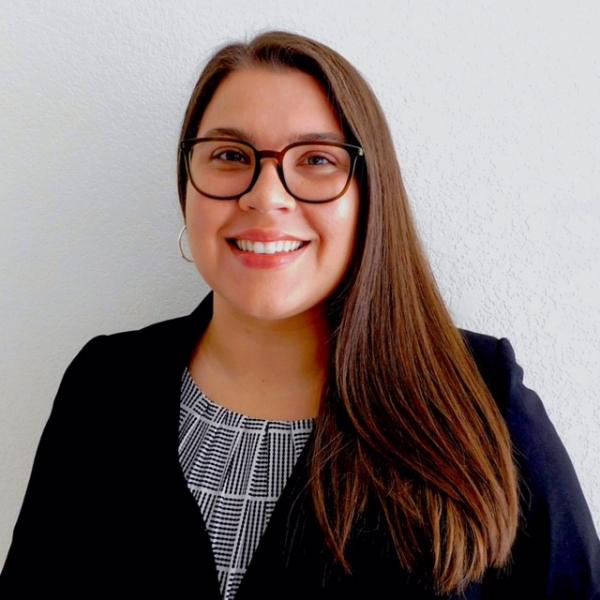American Psychological Association Division 50

I am Alexandra Hernandez-Vallant (Alex), an incoming fourth year doctoral student in the Clinical Psychology program at the University of New Mexico (UNM). I am a cisgender woman and Latina, specifically Mexican American. I am the first person in my family to be born in the United States and am of Mexican and Austrian heritage. My research area sits within dissemination and implementation science and, so far, has involved cultural and contextual adaptation of empirically supported treatments (ESTs) for individuals facing substance use disorders (SUDs) in institutionally underserved populations, primarily American Indian/Alaska Native (AI/AN) and Latinx groups. This work also includes culturally tailoring implementation interventions, using community based participatory research (CBPR) methods, engaging in social policy research, and evaluating the cross-cultural utility of measures that we use in addiction research.
One of my passions as an anti-racist-clinical-scientist-in-training is evaluating the cultural acceptability of service delivery and examining the cross-cultural utility of the assessment tools we use as clinical scientists. This past year, I spearheaded a project to evaluate the cultural rigor of our alcohol specialty clinic’s intake assessment. The @UNM Alcohol Specialty Clinic is a graduate student-run clinic providing assessment and treatment that has maintained itself over the years with the supervision of Distinguished Professor, Dr. Barbara McCrady. Our clinic serves a diverse community, including many Latinx and Native American communities who are rarely represented in the development of many assessment tools. Using the clinical science model, a group of graduate students and I examined the literature with respect to the assessment tools we use in our intake assessment (e.g., SCID-5, DrInC, PHQ-9). A coding system was developed to identify racial/ethnic development sample composition, confirmatory factor analysis across race/ethnicity, and measurement invariance, and each student was assigned one to two assessments to examine the literature. From there, summaries were drafted of each of the measures we used in the assessment battery with a determination of whether the recommendation was to keep the measure in the battery. If the determination was to find a replacement for a given measure, discussions about the options were presented in group meetings. While the publication of the findings of our work is forthcoming, we have met as a larger clinic and began to implement the changes into our intake assessment. For an overview of the development of the @UNM Alcohol Specialty Clinic model, see Ladd et al., 2013.
As a doctoral student it is exciting that this area of work is ridden with many unanswered empirical questions, it is also important to recognize that this current paucity in the literature is a product of the historical and ongoing contemporary barriers that structural racism and oppression created in our field. Clinical scientists have a duty to address mental health inequities in the various research, clinical, policy, and administrative spaces we occupy. Together, we move toward a clinical psychological science that better meets the cultural context and needs of our diverse clients.
Ladd, B. O., Glynn, L. H., Fischer, D. J., Owens, M., Hallgren, K. A., McLouth, C. J., ... & McCrady, B. S. (2013). A guide for starting a specialty training clinic: An alcohol treatment program as an example. Professional Psychology: Research and Practice, 44(2), 65.

Resources are available for those struggling with addiction and numerous effective treatments exist. Whether you are looking for help for yourself or a loved one, we encourage you to seek out help.